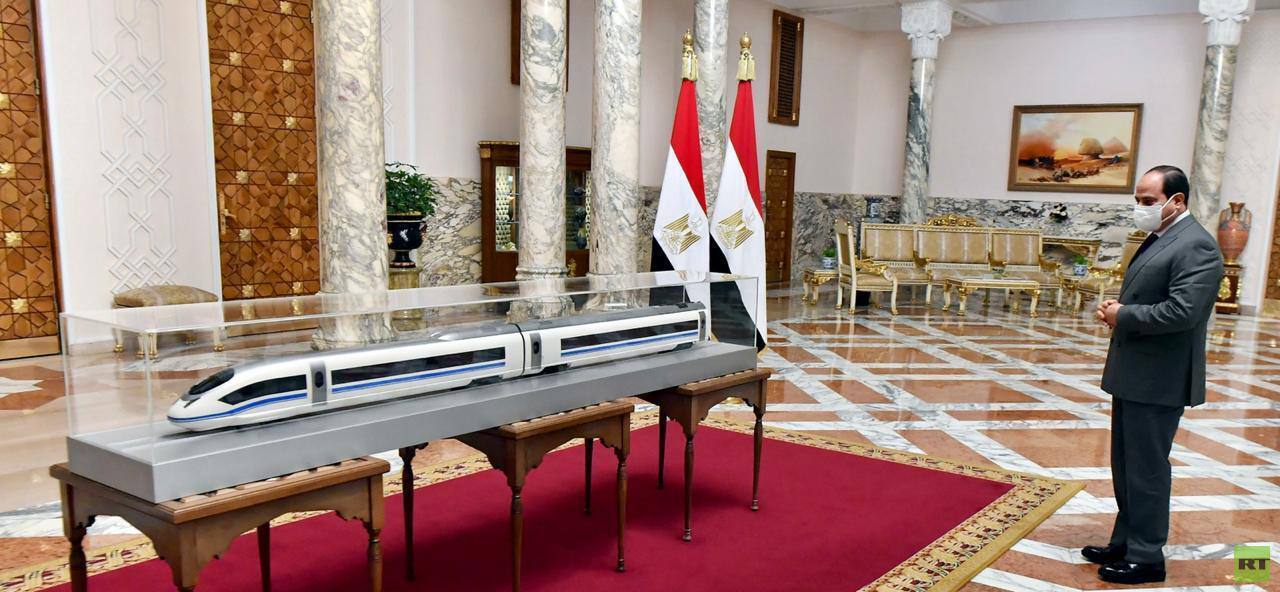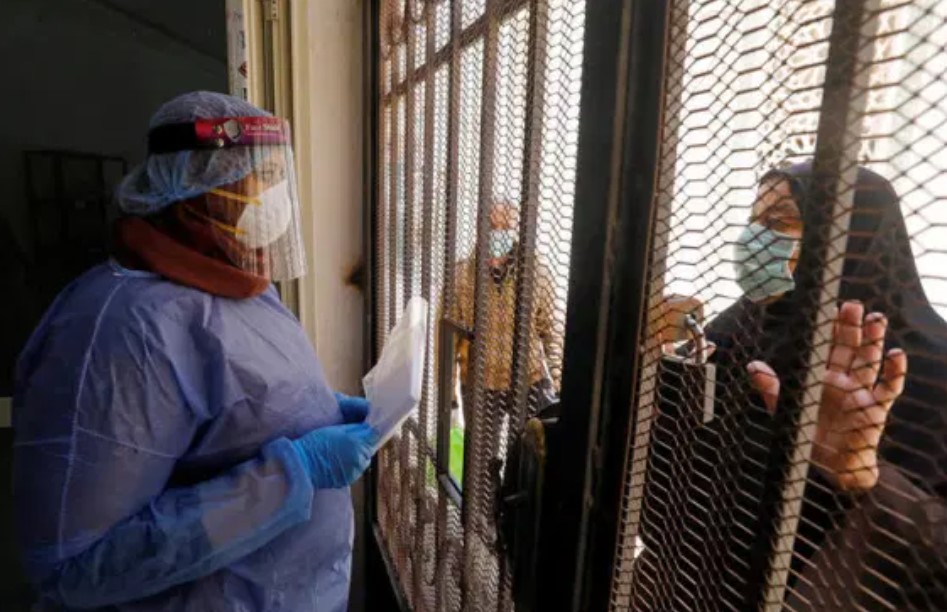Sources inside Al-Masry Al-Youm have said that a decision to liquidate the newspaper was recently issued by its owner, the Egyptian businessman Salah Diab, days after his release from prison. The exclusive sources told Egypt Watch that an expanded meeting including the journalists, staff, and administrators was held in the last few days at the newspaper chaired by Abdel Latif el-Menawy, the newspaper’s editor-in-chief, and the managing director.
During the meeting, el-Menawy informed them that the Board of Directors has decided to lay off a 40-employee batch from the journalists, reporters, photographers, and administrator staff of the newspaper. El-Menawy explained during the meeting that the decision came as a part of a lowering costs plan that the institution was forced to follow after its owner decided to decrease the amount of money he spends on the newspaper, adding that this will not be the last batch of staff to be laid off. El-Menawy added that the administration leaves the choice for those 40 employees either to quit and settle their dues or apply for a one-year-leave without pay. The situation is to be re-evaluated after six months to decide whether the newspaper can go on with the remaining journalists, photographers, and reporters or a decision will be taken to shut it down and lay off all the staff.
Salah Diab, the owner of the newspaper, was released recently after being arrested and detained for several weeks on charges of financial corruption that pressurised him into liquidating the newspaper. Diab had always refused to succumb to al-Sisi’s intelligence machine that controls the media in Egypt headed by the Intelligence Officer Ahmed Shaaban. The prosecution ordered the imprisonment of Salah Diab pending investigation on charges of seizing lands owned by the state, building unlicenced factories on these lands, and skipping out on paying dues to the Tax Authority amounting to EGP 11.1 billion. Besides, there are other cases of spoiled, anonymous, and smuggled food related to the case of the New Giza company during which investigations with Diab and his partner Mahmoud al-Jammal – the overthrown president Hosni Mubarak’s son-in-law – were shelved by the Illicit Gains Authority in April 2016 headed by Chancellor Adel Al Saeed. The criminal proceedings against them were terminated after al-Jammal paid the state a sum of EGP 238,722,000 for the price difference in the lands they acquired.
Diab and his wife were arrested in November 2015 on charges of illicit gains, breach of the New Giza city land’s contracts, located on the Cairo-Alexandria desert road within the area of the 6th of October City, purchasing lands at prices lower than their value, and exploiting these lands in constructing a residential project which the prosecution considered to be illicit gains and damage to public money. After their release, they were rearrested in November of the same year from their villa in the Manil Shihah area, Giza, for possessing two automatic rifles. Giza prosecution ordered their detention pending investigations at the time. In February 2016, the Economic Court of Appeal against Misdemeanor sentenced Diab to six months of imprisonment, an EGP 20,000 fine with bail of EGP 5,000 to suspend the sentence on charges of insulting and harassing the president of Zamalek Sports Club.
Sources close to Diab informed Egypt Watch that all these harassments were only to subdue Al-Masry Al-Youm newspaper because it sometimes oversteps the boundaries marked for the media in Egypt by the General Intelligence Service. Diab is one of the major Egyptian business tycoons who have relationships with the USA. His family controls 43 American companies’ representations, the most important of which is the representation of Halliburton Oil Company owned by Dick Cheney, the former American vice-president, besides La Poire chains and On the Run stores. He owns Al-Masry Al-Youm newspaper and has solid relationships with Israel and extensive trade with Israeli agriculture companies.





Recent Comments